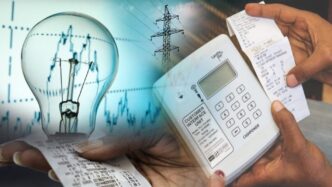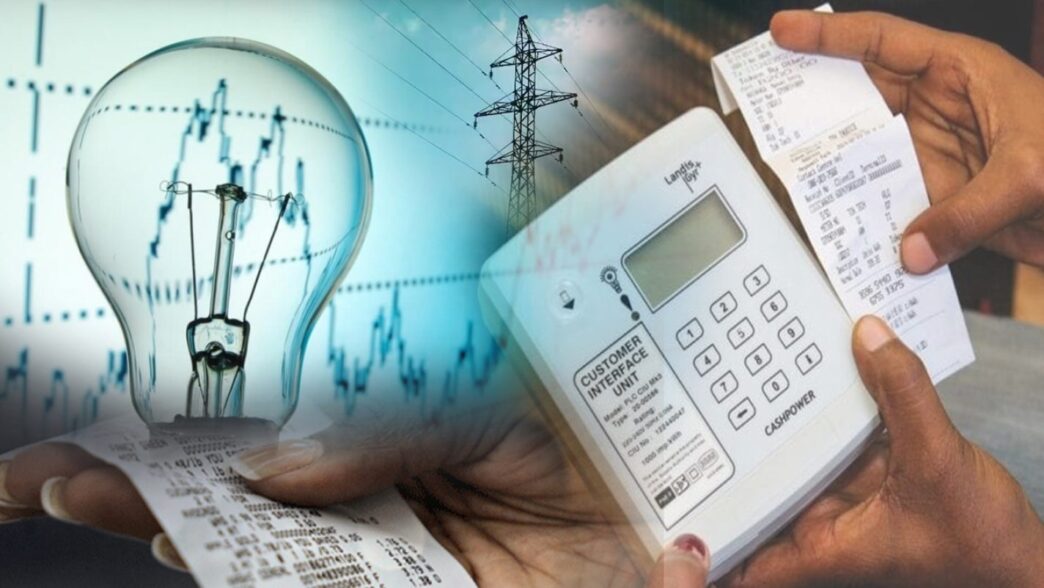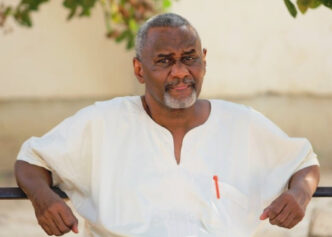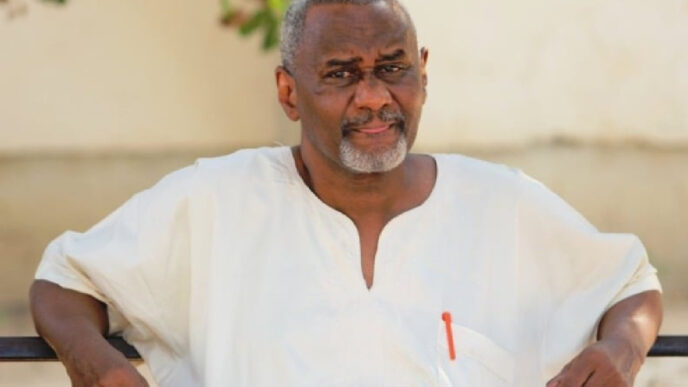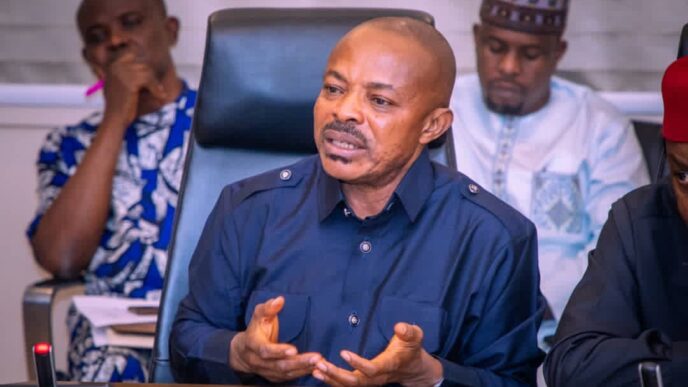Olu Verheijen, special adviser to President Bola Tinubu on energy, has said her recent statement on electricity tariff increase in Nigeria was misinterpreted.
Gatekeepers News reports that Verheijen clarified the misunderstanding in a statement on Monday, 3 February 2025.
The presidential aide in a report on January 30, had said Nigeria’s power prices need to rise by about two-thirds (66 percent) for many customers to reflect the actual cost of electricity supply.
According to the report; Verheijen said that higher electricity tariffs must be carefully balanced with subsidies to support less-affluent consumers across the country.
Explaining, Verheijen clarified that after the 2024 Band A tariff increase, electricity tariffs now cover about 65 percent of the supply cost, while the government continues to subsidise the remaining 35 percent to bridge the gap.
She said, “I highlighted the fact that, following the increase in Band A tariffs in 2024, current tariffs now cover approximately 65 percent of the actual cost of supplying electricity, with the Federal government continuing to subsidize the difference.”
“Also, while the government is indeed committed to ensuring fairer pricing over the long term, the immediate focus is on taking decisive action to deliver more electricity to Nigerians, ensure fewer outages, and guarantee the protection of the poorest and most vulnerable Nigerians.”
As part of its commitment to providing more electricity, reducing outages, and protecting vulnerable Nigerians, she said the federal government’s power sector priorities include the presidential metering initiative (PMI).
She said, “One of the most significant steps in this reform is the Presidential Metering Initiative, which is accelerating the nationwide rollout of 7 million prepaid meters, starting this year.”
“This will finally put an end to the practice of estimated billing, giving consumers confidence in what they are paying for and ensuring transparency in electricity charges.”
“Metering will also improve revenue collection across the sector and will attract the investments needed to strengthen Nigeria’s power infrastructure.”
The presidential aide added that over N200 billion is being spent monthly to subsidise electricity costs for consumers.
She said, “Targeted Electricity Subsidies: Today, the Federal government spends over N200 billion per month on electricity subsidies, but much of this support benefits the wealthiest 25 percent of Nigerians rather than those who truly need assistance.”
“To address this, the Federal government is working towards a targeted subsidy system to ensure that low-income households receive the most support.”
“This approach will make electricity more affordable and accessible for millions of hardworking families.”
“Settlement of Legacy Power Debt: Furthermore, the Federal government is addressing one of the major roadblocks to improved service, the mounting debts owed to power generation companies.”
“For years, these debts have prevented investments in new infrastructure and hampered efforts to improve electricity supply.”
“By clearing these outstanding obligations, the government is ensuring that power companies can reinvest in better service delivery, stronger infrastructure, and a more stable electricity supply for all Nigerians.”
“Reducing Costs for Alternative Power Generation: Through a range of fiscal incentives, including VAT and Customs Duty Waivers, the Federal Government is working to lower the cost of alternative power sources such as Compressed Natural Gas and Liquified Petroleum Gas.”
Verheijen stressed that the government’s power sector reforms prioritise Nigerians’ needs, and aim to provide stable, affordable electricity and unlock economic prosperity.

